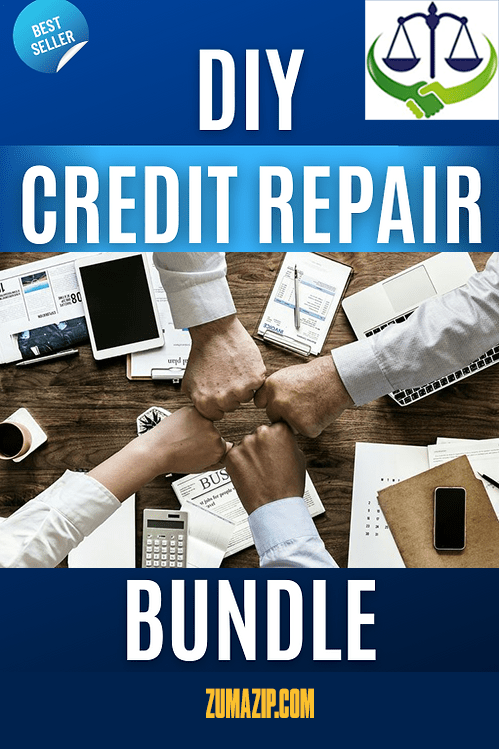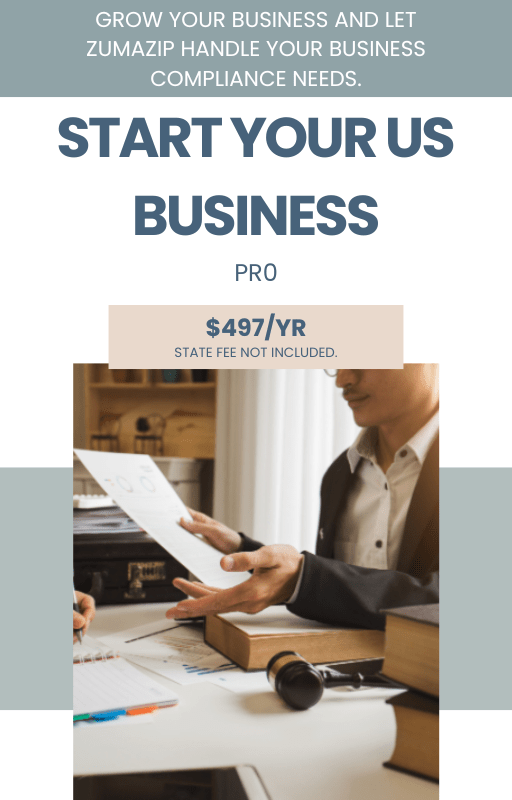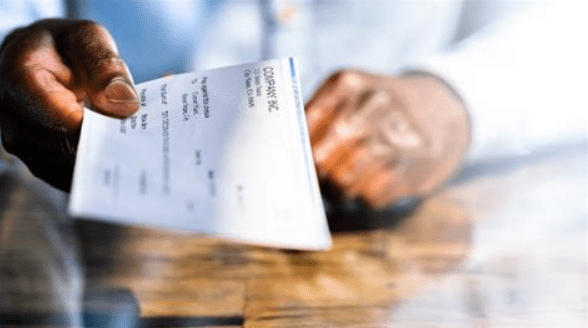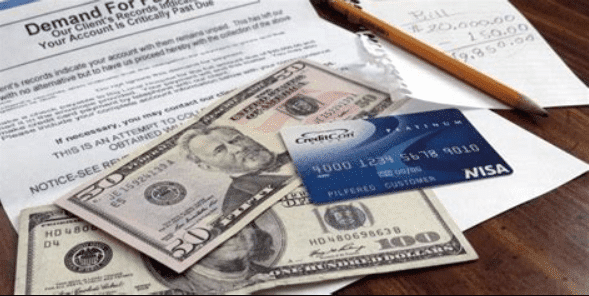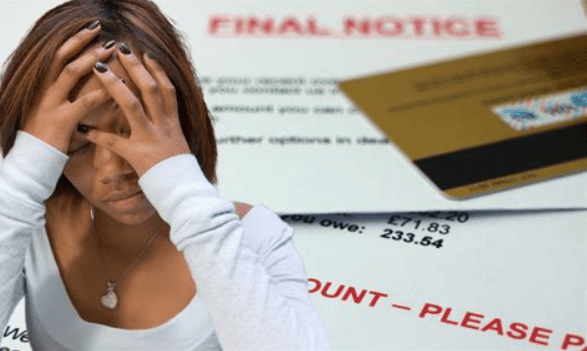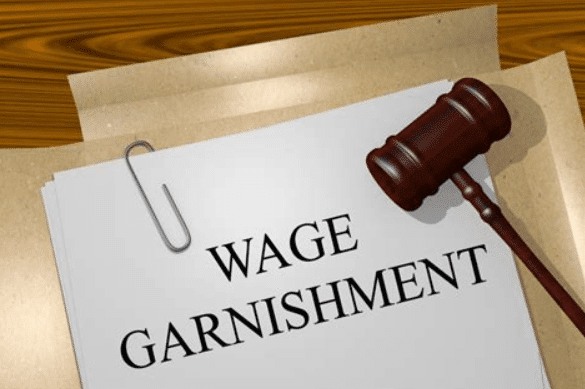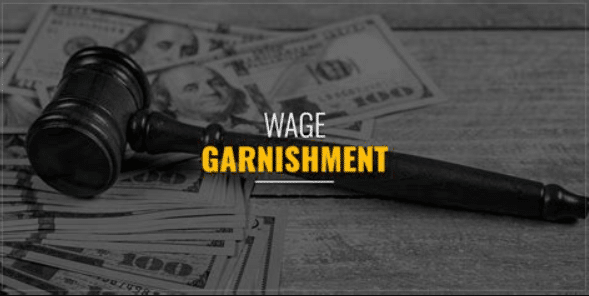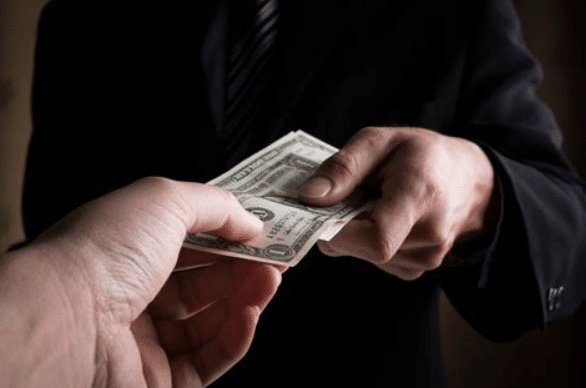Debt collectors employ various tactics to recover owed funds, prompting questions about the security of private disability payments. Understand the protections surrounding income and assets to safeguard your financial well-being. If facing a debt lawsuit, wage garnishment may result from a judgment.
For individuals relying on disability benefits or Supplemental Security Income, these payments may represent their sole source of income. While social security and disability benefits enjoy protection from garnishment, private disability payments do not share the same safeguard. It’s essential to remain vigilant, as complications may arise if exempt benefits are commingled with other forms of income.
Take proactive measures to educate yourself and safeguard your private disability payments effectively.
Creditors Can Collect Debts With Garnishment
When facing a lawsuit from a creditor or debt collector and subsequently losing, the creditor obtains a judgment against you. This judgment grants the creditor the authority to pursue garnishment as a means of debt collection. The process of garnishment varies by state, including factors such as the percentage, amount, and types of funds subject to garnishment.
Typically, a clerk or sheriff issues a writ of garnishment, which is then delivered to your employer or another entity from which you receive income. If the garnishment order satisfies legal requirements and you do not contest it, funds will be directly disbursed to the creditor. It’s essential to understand the implications of garnishment and explore any available options to address the debt proactively.
File a response to debt collectors and protect your funds from garnishment.
Federal Restrictions on Garnishment
Under federal law, Social Security and disability benefits enjoy exemption from garnishment or bank levy, safeguarding these funds from creditor garnishment. However, it’s important to note that while disability benefits are protected, private disability checks may be susceptible to garnishment, subject to varying regulations depending on the state.
The Consumer Credit Protection Act establishes a nationwide legal limit on garnishment, restricting it to either 25 percent of disposable earnings or the amount by which earnings exceed 30 times the minimum wage, whichever is lesser. It’s crucial to recognize that private disability benefits are categorized as earnings under this Act, impacting their susceptibility to garnishment. Understanding these regulations can help individuals protect their income and navigate debt collection processes effectively.
Exceptions to the Federal Restrictions on Garnishment
Dealing with debt involves navigating various types of creditors, each subject to specific rules and exceptions regarding garnishment. Notably, child support collection agencies and the federal government have particular allowances for garnishment. In cases of tax debt owed to the IRS, Social Security disability payments may be garnished, with a limit of 15 percent of the total payment, a provision that also extends to student loans.
Moreover, for other government creditors aside from the IRS, there exists protection where the first $750 of a monthly disability benefit is exempt from garnishment. Understanding these nuances can empower individuals to navigate debt obligations effectively and mitigate the impact of garnishment on their finances.
Exemption for Social Security Income
Supplemental Security Income (SSI) provides vital monthly benefits to disabled individuals, with the amount set at $733 as of 2015. This program serves those with limited income and assets, imposing eligibility restrictions on individuals who exceed specified income or asset thresholds. Due to the intended support for financially vulnerable individuals, federal law prohibits the garnishment of SSI benefits. This safeguard ensures that recipients can rely on their SSI payments without fear of garnishment, thereby providing crucial financial stability to those in need.
Respond to debt collectors in 15 minutes with ZumaZip.
Creditors Can Collect by Levying Your Bank Account
If you are involved with an unpaid debt lawsuit and you lose, then you may be subject to a bank levy. This is similar to wage garnishment, but not the same thing. Essentially, instead of taking money from your wages, money is diverted to a creditor through your bank account until the debt is satisfied.
Other Funds Exempted from Bank Levies
Federal law also protects some payments from bank levies. This includes:
- Social Security benefits
- Federal veterans benefits
- Supplemental Security Income payments
- Child support
- Alimony payments
- Unemployment compensation
- Welfare benefits
To safeguard exempted funds such as Supplemental Security Income (SSI), it’s essential to inform your bank of the source of these funds. By clearly identifying the origin of these exempt funds, you mitigate the risk of mingling them with non-exempt funds. If exempt and non-exempt funds are commingled without proper identification, the bank is not obligated to distinguish between them. Consequently, in the event of a garnishment order, the bank may transfer funds in the account to the creditor, up to the judgment amount. Importantly, the bank is not required to notify you beforehand, meaning you may only become aware of the action after it has occurred.
Thus, proactive communication with your bank regarding the source of funds is crucial to protect your exempted funds from garnishment.
Protections for Retirement Accounts
While checking and savings accounts are vulnerable to a bank levy, retirement accounts enjoy protection under the Federal Employee Retirement Income Security Act (ERISA). These accounts, often established by employers, are safeguarded, ensuring that beneficiaries cannot lose their right to these assets.
However, in the midst of a debt collection lawsuit or with a judgment against you, various assets, including wages and bank accounts, may be subject to garnishment. Understanding your rights and the protections afforded by law is crucial in safeguarding your assets amidst debt collection proceedings.
Protect your veterans disability benefits
Beyond navigating the intricacies of garnishment and bank levies, veterans receiving disability payments must also stay informed about their financial circumstances. For veterans relying on disability benefits, understanding the amount they are entitled to and how these benefits may be impacted by debt collection practices is paramount. Being aware of potential threats to their financial stability ensures veterans can take proactive measures to protect their benefits and maintain their financial well-being. Using a veterans disability calculator can be an invaluable tool in managing your finances, ensuring that you are fully informed about your benefits and how to protect them. This tool can provide clarity on the amount you should receive, helping you to better plan your financial future and safeguard your income against potential garnishments.
What is ZumaZip?
ZumaZip is a convenient solution designed to streamline your response to a debt collection lawsuit. Here’s a breakdown of what you can expect when you use ZumaZip:
Firstly, you’ll access our user-friendly web application, which guides you through the process step by step. You’ll be prompted to answer a series of questions related to your specific situation. Once you’ve completed the questionnaire, you have the option to either print out the finalized forms and mail them to the appropriate courts yourself, or you can opt to utilize ZumaZip’s services to file them on your behalf. Additionally, if you choose this option, an attorney will review your document for added peace of mind.
If you’re seeking guidance on how to effectively respond to a debt collection lawsuit, ZumaZip can provide the assistance you need. Feel free to explore our FAQs for more information on what ZumaZip has to offer.
What if I haven’t been sued yet?
If you’ve only received a collections notice, but not a lawsuit, the best way to respond is with a Debt Validation Letter. When a debt collector contacts you in any way, whether it’s by phone or mail, you can respond by formally requesting a debt validation with a Debt Validation Letter . This letter notifies the collector that you dispute the debt and forces them to provide proof you owe the debt. They can’t call you or continue collecting until they provide validation of the debt. This flowchart shows how you can use a Debt Validation Letter to win.
Get started with a Debt Validation Letter here.
How to Answer a Summons for debt collection in all 50 states
Here’s a list of guides on how to respond to a debt collection lawsuit in each state:
- Alabama
- Alaska
- Arizona
- Arkansas
- California
- Colorado
- Connecticut
- Delaware
- Florida
- Georgia
- Hawaii
- Idaho
- Illinois
- Indiana
- Iowa
- Kansas
- Kentucky
- Louisiana
- Maine
- Maryland
- Massachusetts
- Michigan
- Minnesota
- Mississippi
- Missouri
- Montana
- Nebraska
- Nevada
- New Hampshire
- New Jersey
- New Mexico
- New York
- North Carolina
- North Dakota
- Ohio
- Oklahoma
- Oregon
- Pennsylvania
- Rhode Island
- South Carolina
- South Dakota
- Tennessee
- Texas
- Utah
- Vermont; Vermont (Small Claims court)
- Virginia
- Washington
- West Virginia
- Wisconsin
- Wyoming
Guides on how to beat every debt collector
Hey there! Facing off against a debt collector can feel like a daunting challenge, but fear not! We’re here to help you navigate through it all with our handy guides designed to assist you in beating every debt collector you encounter. Whether you’re facing a new lawsuit or dealing with a persistent collector, we’ve got your back. Stay positive, stay informed, and let’s tackle this together!
- Absolute Resolutions Investments LLC
- Accredited Collection Services
- Alliance One
- Amcol Clmbia
- American Recovery Service
- Asset Acceptance LLC
- Asset Recovery Solutions
- Associated Credit Services
- Autovest LLC
- Cach LLC
- Cavalry SPV I LLC
- Cerastes LLC
- Colinfobur
- Covington Credit
- Crown Asset Management
- CTC Debt Collector
- Cypress Financial Recoveries
- Delanor Kemper & Associates
- Eagle Loan of Ohio
- Educap
- Estate Information Services
- FIA Card Services
- Forster & Garbus
- Freshview Solutions
- Fulton Friedman & Gullace LLP
- Harvest Credit Management
- Howard Lee Schiff
- Hudson & Keyse LLC
- Integras Capital Recovery LLC
- Javitch Block
- Jefferson Capital Systems LLC
- LVNV Funding
- Mannbracken
- Mariner Finance
- Medicredit
- Michael J Adams PC
- Michael J Scott
- Midland Funding LLC
- Mullooly, Jeffrey, Rooney & Flynn
- Mountain Land Collections
- MRS Associates
- National Collegiate Trust
- Nationstar Foreclosure
- Northstar Capital Acquisition
- NCEP LLC
- NRC Collection Agency
- OneMain Financial
- Palisades Collection LLC
- Pallida LLC
- Paragon Revenue Group
- Pinnacle Collections Agency
- PMAB LLC
- Portfolio Recovery Associates
- Provest Law
- PYOD LLC
- Reunion Student Loan Finance Corporation
- Revenue Group
- Regents and Associates
- RSIEH
- Salander Enterprises LLC
- Second Round Sub LLC
- Security Credit Services
- Sherman Financial Group
- Suttell and Hammer
- T-Mobile
- Transworld Systems
- Tulsa Teachers Credit Union
- UCB Collection
- Velo Law Office
- Velocity Investments
- Waypoint Resource Group
- Weinberg and Associates
- Wolpoff & Abramson
Settle your medical debt
Having a health challenge is stressful, but dealing medical debt on top of it is overwhelming. Here are some resources on how to manage medical debt.
- Am I Responsible for My Spouse’s Medical Debt?
- Do I Need a Lawyer for Medical Bills?
- Do I Need a Lawyer to Fight Medical Bill Debt?
- Does Bankruptcy Clear Medical Debt?
- How Much Do Collection Agencies Pay for Medical Debt?
- How to Find Medical Debt Forgiveness Programs
- Is There a Statute of Limitations on Medical Bills?
- Medical Debt Statute of Limitations by State
- Summoned to Court for Medical Bills — What Do I Do?
- Summoned to Court for Medical Bills? What to Do Next
Stop calls from Debt Collectors
Do you keep getting calls from an unknown number, only to realize that it’s a debt collector on the other line? If you’ve been called by any of the following numbers, chances are you have collectors coming after you, and we’ll tell you how to stop them.
- 800-390-7584
- 800-289-8004
- 800-955-6600
- 877-366-0169
- 877-591-0747
- 800-278-2420
- 800-604-0064
- 800-846-6406
- 877-317-0948
- 888-899-4332
- 888-912-7925
- 202-367-9070
- 502-267-7522
Other wage garnishment resources
- Bank Account Garnishment and Liens in Texas
- Can I Stop Wage Garnishment?
- Can My Wife’s Bank Account Be Garnished for My Debt?
- Can Payday Loans Garnish Your Wages?
- Can pensions be garnished?
- Can Private Disability Payments Be Garnished?
- Can Social Security Disability Be Garnished?
- Can They Garnish Your Wages for Credit Card Debt?
- Can You Stop a Garnishment Once It Starts?
- Guide to Garnishment Limits by State
- How Can I Stop Wage Garnishments Immediately?
- How Long Before a Creditor Can Garnish Wages?
- How Long Does It Take to Get Garnished Wages Back?
- How to Fight a Wage Garnishment
- How to Prevent Wage Garnishment
- How to Stop a Garnishment
- How to Stop Social Security Wage Garnishment
- How to Stop Wage Garnishment — Everything You Need to Know
- New York Garnishment Laws – Overview
- Ohio Garnishment Laws — What They Say
- Wage Garnishment Lawyer
- What Is Wage Garnishment?













